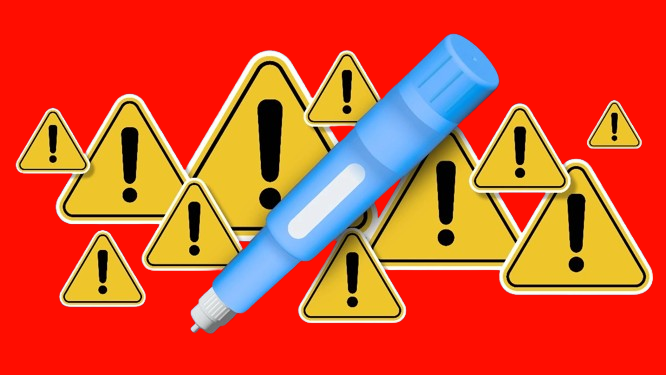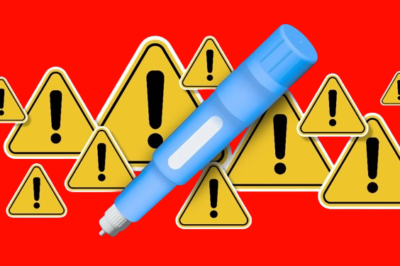
Ozempic, a drug primarily used to manage type 2 diabetes, has gained popularity as a weight-loss aid. Its active ingredient, semaglutide, helps regulate blood sugar levels and suppress appetite, leading to significant weight loss in many users. Recently, a trend of “microdosing” Ozempic has emerged, with users taking smaller-than-prescribed doses in hopes of achieving weight-loss benefits while avoiding side effects. But does this approach work, and is it safe?
Understanding Ozempic and Its Mechanism
Ozempic is an injectable medication that mimics GLP-1 (glucagon-like peptide-1), a hormone responsible for regulating blood sugar and appetite.
- Weight Loss Benefits: By slowing digestion and reducing hunger, Ozempic can help users consume fewer calories, leading to weight loss.
- Standard Dosage: The typical dosage for Ozempic is gradually increased to allow the body to adjust, minimizing side effects.
However, the drug is not without drawbacks. Common side effects include nausea, vomiting, diarrhea, and constipation, leading some to experiment with microdosing.
What Is Microdosing Ozempic?
Microdosing involves taking smaller-than-prescribed doses of Ozempic, with the goal of achieving moderate weight-loss benefits without severe side effects. Proponents argue that microdosing can offer:
- Reduced Side Effects: Smaller doses may minimize gastrointestinal discomfort, which is a common complaint among users.
- Cost Savings: Since Ozempic is expensive, microdosing may stretch the duration of a prescription.
- Gradual Weight Loss: Supporters believe microdosing leads to sustainable, steady weight loss rather than rapid, dramatic changes.
Does Microdosing Work?
While microdosing may seem appealing, its effectiveness is not fully supported by clinical evidence:
- Lack of Research: Studies on Ozempic’s weight-loss benefits are based on prescribed dosages, and there is limited research on microdosing.
- Unpredictable Results: Smaller doses may not provide sufficient GLP-1 activation, potentially reducing the drug’s appetite-suppressing effects.
- Slower Progress: Weight loss may be slower or negligible with microdosing, leading to frustration for users.
Potential Risks of Microdosing Ozempic
- Unregulated Use:
Microdosing often involves self-administration without medical guidance, increasing the risk of misuse or complications. - Reduced Efficacy:
Deviating from prescribed dosages may render the drug less effective, negating its weight-loss benefits. - Overemphasis on Quick Fixes:
Like any medication, Ozempic is most effective when combined with lifestyle changes such as a balanced diet and regular exercise. Sole reliance on microdosing may foster unrealistic expectations.
Expert Opinions on Microdosing
Medical professionals caution against microdosing without proper guidance:
- Dr. Meena Gupta, Endocrinologist: “Microdosing may not provide the therapeutic levels needed for effective weight loss. Patients should follow their prescribed regimen for optimal results.”
- Dr. Rajesh Singh, Nutritionist: “Weight loss should be holistic. Medications like Ozempic should complement, not replace, healthy habits.”
Alternatives to Microdosing
- Gradual Dosage Increase:
Following the prescribed schedule allows the body to adapt, reducing side effects. - Lifestyle Modifications:
Incorporating a healthy diet, regular exercise, and stress management can enhance Ozempic’s effectiveness. - Medical Supervision:
Consulting a healthcare provider ensures safe and effective use of weight-loss medications.
Conclusion
Microdosing Ozempic may seem like an innovative way to harness its weight-loss benefits without side effects, but its efficacy and safety remain unproven. Users should approach this trend cautiously and prioritize medical advice. While Ozempic can be a valuable tool in weight management, lasting results are best achieved through a balanced approach that combines medication with sustainable lifestyle changes.









































Leave a Reply